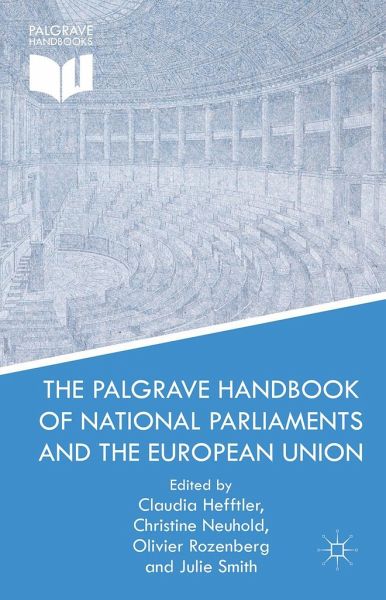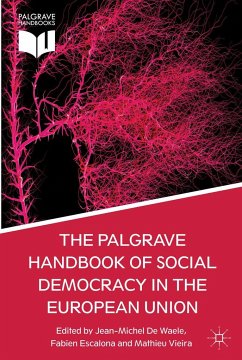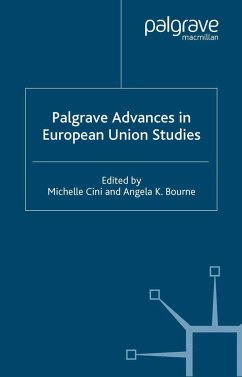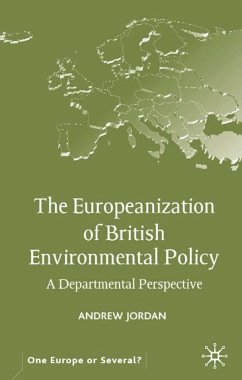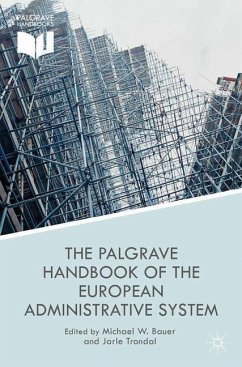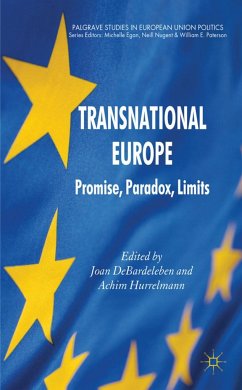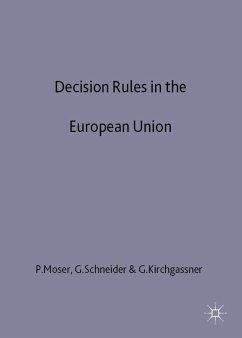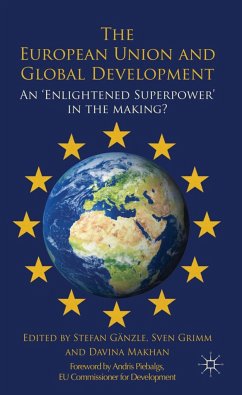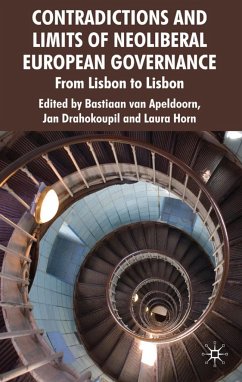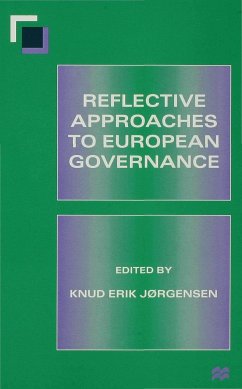Katrin Auel, Institute for Advanced Studies in Vienna, Austria, and Science Po, Paris, France. Jan Barcz, Department of International and EU Law at the Kozminski University, Poland. Gavin Barrett, Sutherland School of Law, University College Dublin, Ireland Mette Buskjær Christensen, Department of Political Science, University of Southern Denmark Hrvoje Butkovi?, Department for European Integration of the Institute for Development and International Relations (IRMO),Croatia Sabrina Cavatorto, Centre for the Study of Political Change at the University of Siena, Italy Thomas Christiansen, Department of Political Science, Maastricht University, the Netherlands Odysseas Christou, Department of Law, University of Nicosia, Cyprus. Tom Delreux, Institut de Sciences Politiques , University of Louvain, Belgium Piret Ehin, Institute of Government and Politics and Centre for EU-Russia Studies, University of Tartu, Estonia Achilles C. Emilianides, Department of Law, University of Nicosia, Cyprus Andrea Figulová, Institute of European Studies and International Relations, Comenius University, Slovakia, w Katjana Gattermann, Amsterdam Centre for Contemporary European Studies, the Netherlands. H Afke Groen, Maastricht University, the Netherlands Claudia Hefftler, Jean Monnet Chair, University of Cologne, Germany Hans Hegeland, Swedish Parliament Anna-Lena Högenauer, Insitute of Politics, University of Luxemburg Oliver Höing, University of Cologne, Germany MartinHrabálek, Faculty of Regional Development and International Relations, Mendel University, Czech Republic Ariella Huff, Department of Politics and International Studies, University of Cambridge, UK J?nis Ikstens, Advanced Social and Political Research Institute, University of Latvia Gabriella Ilonszki, Instiute for Policy Studies, Corvinus University, Hungary Christina Ioannou, Department of European Studies and International Relations of the University of Nicosia, Cyprus Davor Jan?i?, Department of Law, London School of Economics and Political Science, UK Sabina Kajn?, European Institute of Public Administration, Maastricht University, the Netherlands and Centre for International Relations of the University of Ljubljana, Slovenia Dobrin Kanev, New Bulgarian University Mario Kölling, Centre for Political and Constitutional Studies, Spain and Manuel Giménez Abad Foundation, Spain Eric Miklin, Department of Political Science, University of Salzburg, Austria and Salzburg Centre of European Union Studies Ignacio Molina, Elcano Royal Institute and Department of Politics and International Relations at the Universidad Autónoma de Madrid, Spain Christine Neuhold, Department of Political Science, Maastricht University, the Netherlands Roderick Pace, Institute for European Studies, University of Malta Anna Pud?o, Faculty of Law at Kozminski University, Poland François Randour is a Researcher at the Institut de Sciences Politiques, University of Louvain,Belgium Tapio Raunio, School of Management, University of Tampere, Finland Olivier Rozenberg, Centre d'études européennes, Sciences Po, Paris, France Julie Smith, Department of Politics and International Studies, University of Cambridge, UK Dimitri A. Sotiropoulos, Department of Political Science and Public Administration, University of Athens, Greece Astrid Spreitzer, Independent Scholar Alexander Strelkov, Department of Political Science, Maastricht University, the Netherlands Angela Tacea, Centre d'études européennes, Sciences Po Paris, France Anja Thomas, Centre d'études européennes, Sciences Po, Paris, France Gracia Vara Arribas, Independent Scholar, Spain Ram?nas Vilpi auskas, Institute of International Relations and Political Science, Vilnius University, Lithuania
